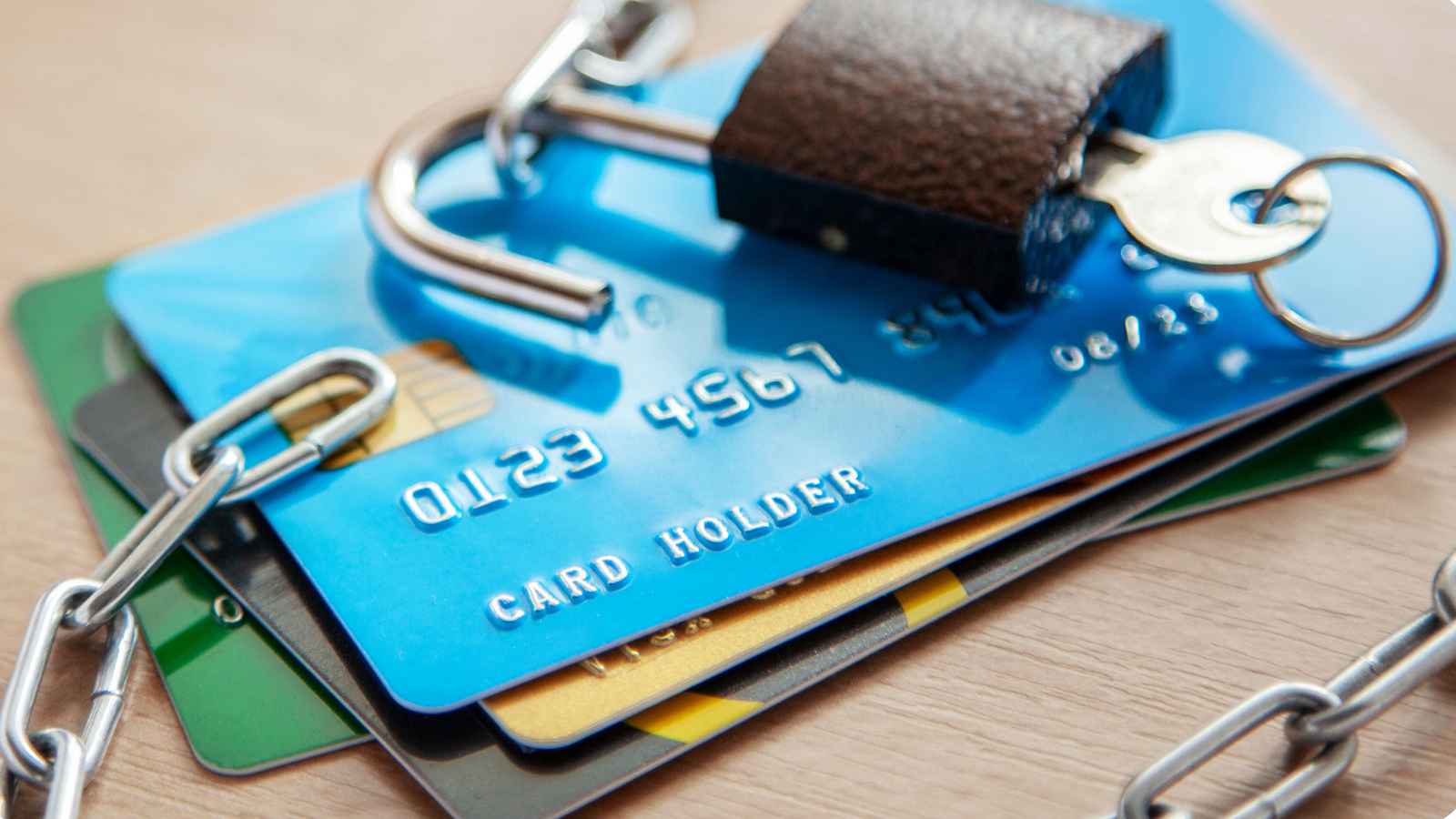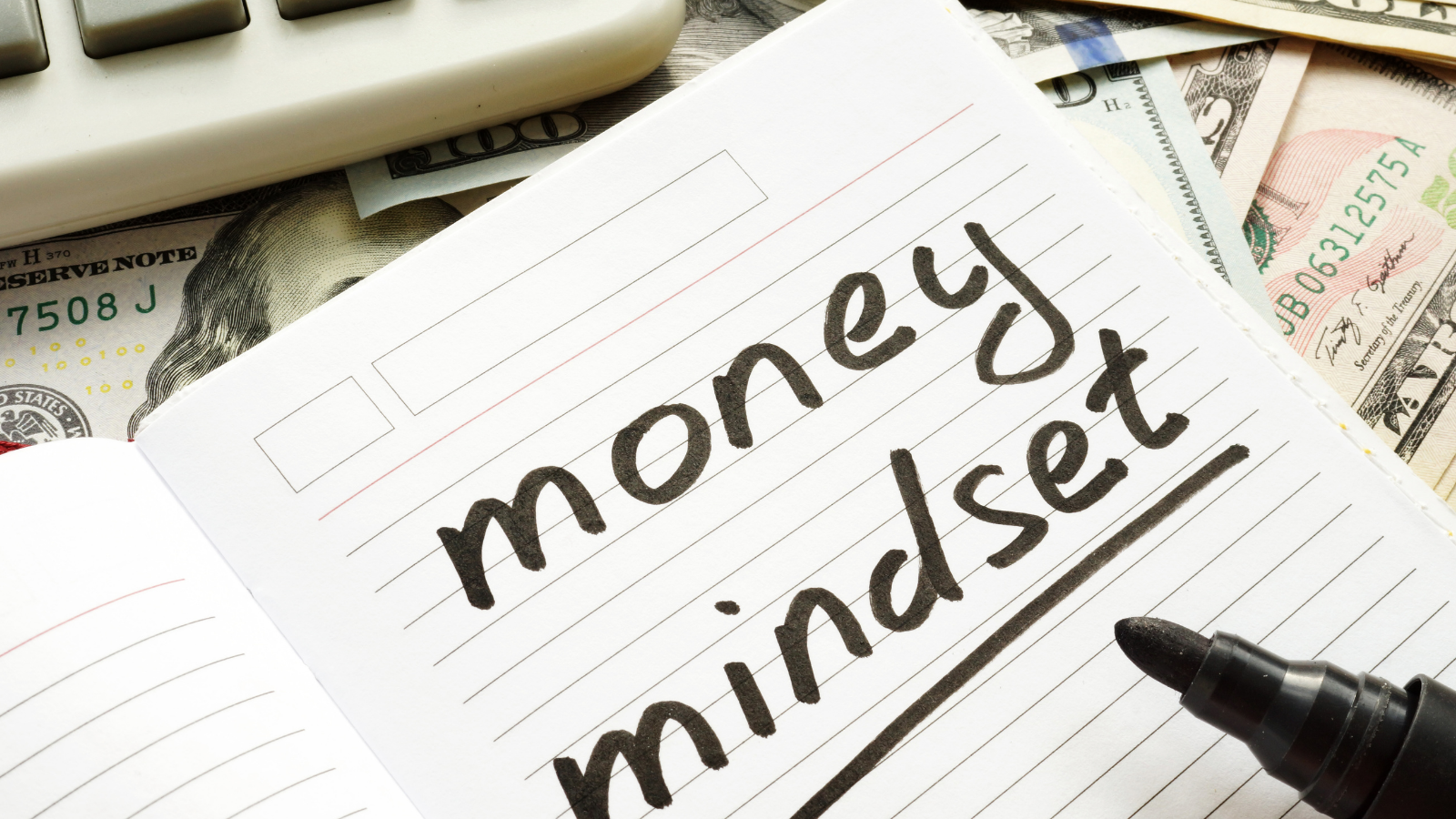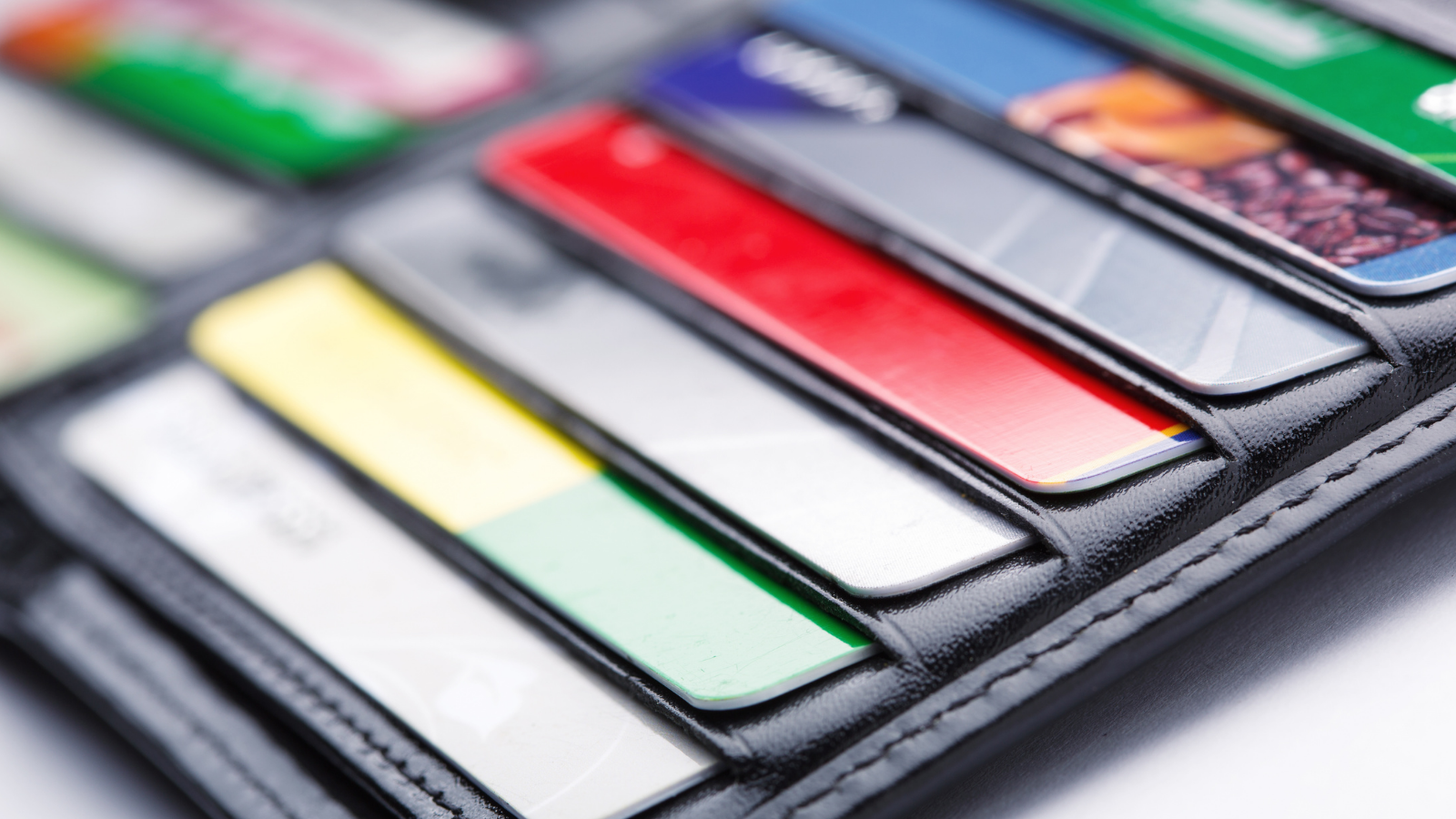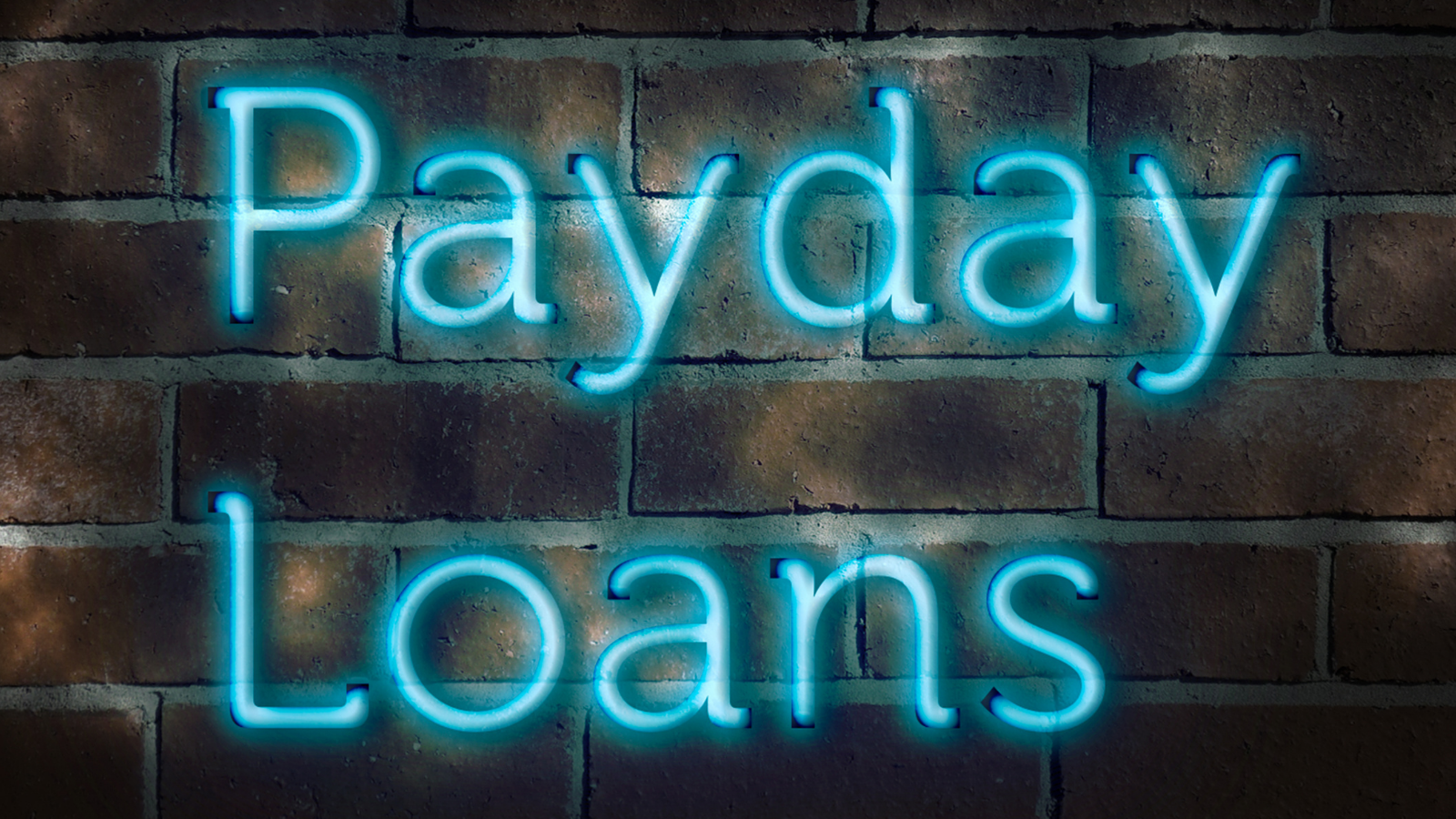When your credit score suddenly drops 100 points it can feel like a punch in the gut. While this can be distressing, the bright side is you know about the drop and can hopefully do something about it.
According to Simple Dollar in 2020, 51% of Americans never check their credit score. This means you are among the 49% who are diligent about your financial health and should feel good about that.
As for the possible reason for the 100 point drop in your credit score, I’ll share with you the most common reasons for those drops and what you can do about it.
Reasons Your Credit Score May Have Dropped
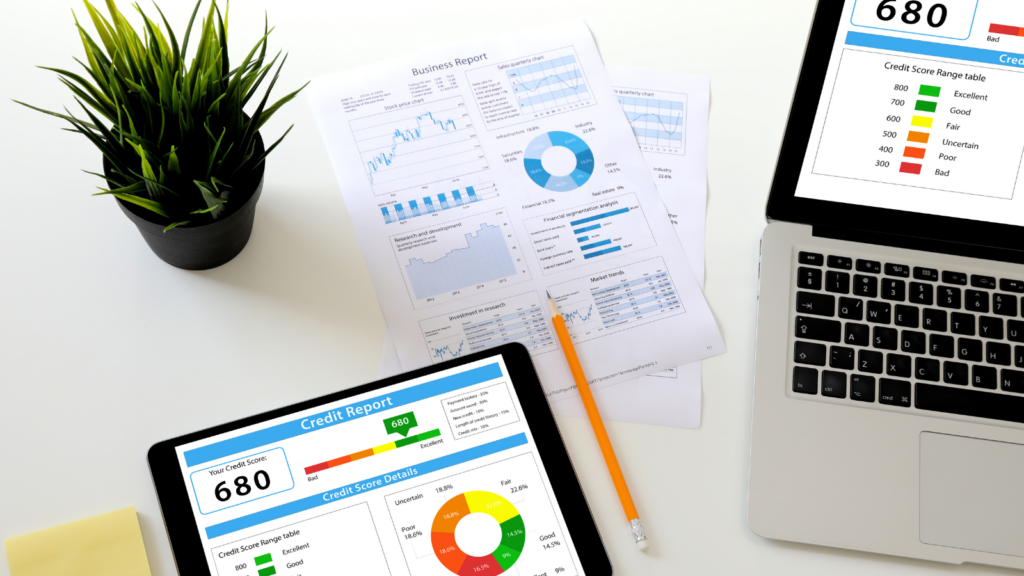
When attempting to find the cause for your drop in credit score, you’ll want to keep in mind that there are obvious reasons and not so obvious reasons, but there is always a reason for a positive or negative change in your credit score.
You should start by examining your recent habits as it relates to your finances. Here are some questions to get you started:
- Have you applied for credit with any lender including store cards, a new landlord, or a car loan recently?
- Have you paid any of your loans or credit cards late…even once?
- Have you recently charged more or made a larger than usual purchase on one of your credit cards?
- Did you recently pay off a loan or close a credit card account?
These are just some questions to get you thinking about what might have changed. I know these seem like totally normal things to do but unfortunately, any one of these actions can swiftly change your credit score.
Let’s dive in a little deeper with each one…
1 | Late or Missed Payments
So many consumers don’t fully understand how impactful late or missed payments are to your credit health. Even if you have perfect credit and suddenly hit a financial roadblock, a 30-day late payment can drop your credit score by up to 100 points overnight.
Typically, creditors won’t report a late payment until it’s at least 30 days late. Once a missed or late payment is reported, expect to see a mark on your credit report for up to seven years.
That’s why it’s vitally important when you find yourself in a financial pinch to pick up the phone and call your creditors and see if there are any options to avoid a late or missed payment. Even if they’re unable to offer any help, this approach is still always better than sticking your head in the sand.
What you can do to fix it: Once you realize that you’ve missed a payment, make that payment ASAP. Make a commitment to never make another late or missed payment. It takes time but your score will recover. You may also want to consider making your credit payments on autopay to avoid problems in the future.
If your missed payment was due to a hardship rather than a mistake, make it a point to reach out to your creditors before your payment is due to see if they are able to help. You’d be surprised how many will.
2 | Increased Utilization Ratio
A very common, yet not entirely obvious cause, for a score to drop is an increase in your utilization ratio. This sounds super technical, but it basically measures how much of your credit are you using in relation to your total available credit.
For example, if you had 2 credit cards each with a $1,000 credit limit ($2,000 available credit) and you charged $500 on each ($1,000 balance), you’d have a 50% credit utilization ratio ($1,000 / $2,000 = 50%).
In general, the lower this ratio, the better your score. Therefore, if you’ve been using more of your available credit lately, that could account for a drop in your FICO score.
What you can do to fix it: You can start by paying down your highest balances to bring down your overall utilization rate. In addition to looking at your total spent across all cards, check to be sure you’re not too close to the limit on any one card. It’s better to have your balances spread out.
You can also request a credit limit increase on a card with the intention of not spending any more on it.
3 | Your Credit Limit Was Lowered on a Card
This reason is similar to the last one as it also affects your utilization rate. It just that instead of you using more of your available credit, your credit card company decided to lower your available credit.
So why would your credit card company suddenly lower your credit limit? Lowered limits can happen for a number of reasons. Credit card companies can lower your limit if you start making risky decisions like running a balance every month when you previously didn’t or you start maxing out your card. They can also lower your limit if you aren’t using your credit card enough.
What you can do to fix it: Ideally, you should make good financial decisions to prevent a bank from considering you as a bad credit risk and lowering your limit in response. You also want to keep your customer profile data updated, including any pay raises you received.
Showing an increase in income may be enough to stop or even reverse a harmful credit limit decision from the lender. In the meantime, keep paying off credit card balances to lower your utilization ratio.
4 | Paid Off a Loan
I know that this one seems strange that doing what we’re supposed to do in paying off our debts can cause a negative drop in our credit score. So why does this happen?
There are a number of factors that could cause your credit score to fall as opposed to rise after paying off your loan.
There are two common factors here. The first is that you paid off your only installment loan. This can hurt your credit because having this installment loan and making your monthly on-time payments is working to build your positive credit. When that loan is removed from your credit portfolio, you may see a drop in your credit score.
Another factor is that you paid off the loan in your portfolio that has the least balance and left other high balance loans. This goes back to your utilization rate which just went up significantly higher when you paid off that low balance loan.
What you can do to fix it: The best thing to do is to practice good habits like keeping your balances low and keeping up with payments on your other accounts. You can start paying down any high balances on your other loans to bring down your utilization ratio.
5 | Closed a Credit Card
When you cancel or pay off a credit card, your credit score could fall in the short term, depending on how old the account is and how much other credit you have.
But canceling a credit card account might also benefit your credit score in the long run if you manage the rest of your finances better as a result of having one fewer account to worry about.
The reasons this happens goes back to the utilization ratio once again. And is similar to what can happen if you pay off a loan. Your score can also drop if you closed your oldest credit card.
What you can do to fix it: Rather than closing your account, pay it off and leave it open. If possible, do what you can to keep it active, which may mean making small purchases to it every year or so.
Also, keep in mind that age matters when it comes to credit cards. If you wanted to pay off some of your cards, close your newest cards first and keep your old, more established cards and keep your balances low.
Related: How to Make Your Credit Card Work for You
You are leaps ahead of the masses of Americans that aren’t invested in their financial health. You know your credit matters and will make the necessary changes over time that will build your credit into a healthy portfolio.





